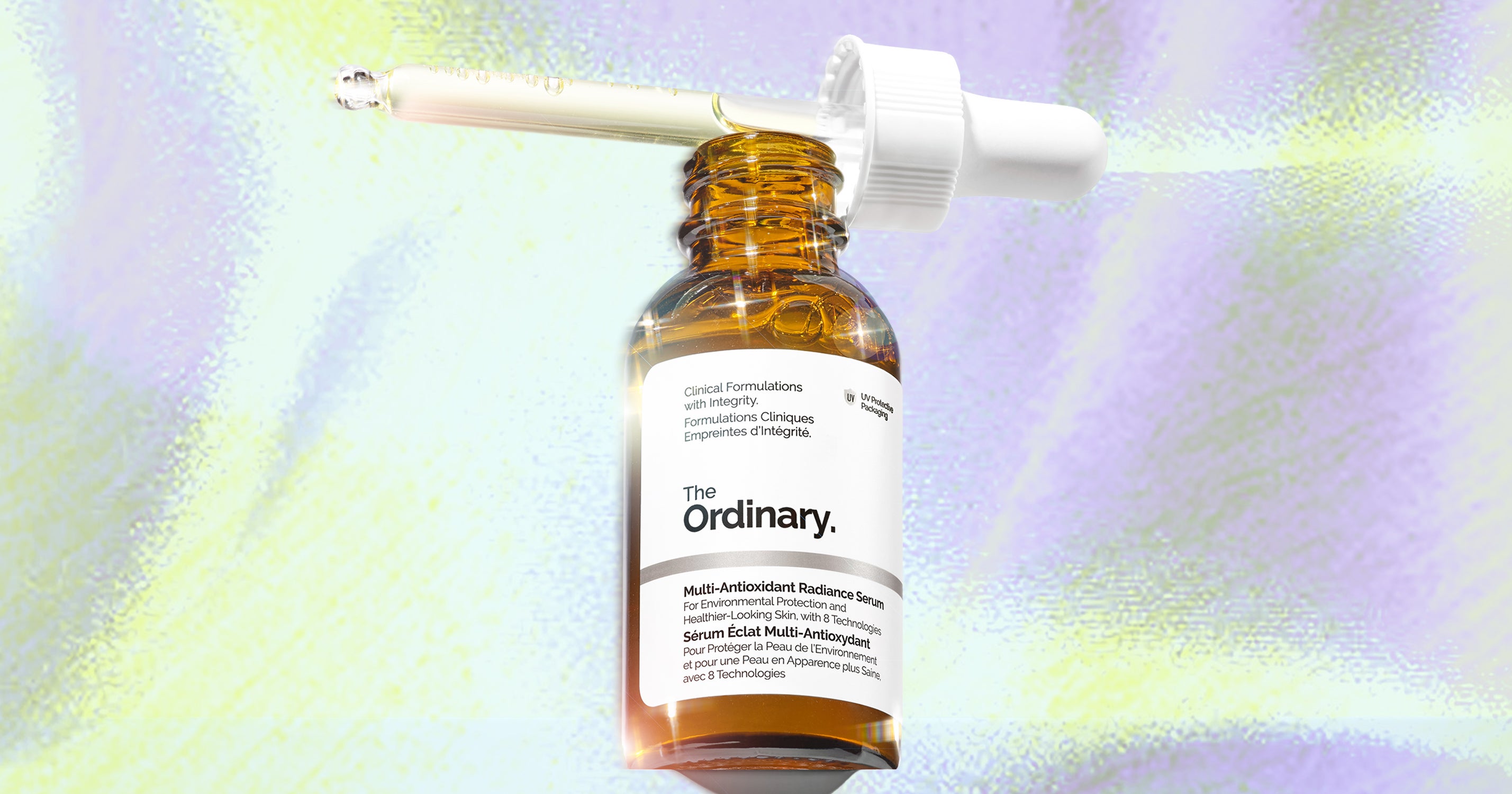Screenshots from Fitness influencer Ashton Hall’s viral video.ashtonhallofficial/Instagram/Supplied
Fitness influencer Ashton Hall went viral last week after posting his extreme, hours-long morning routine. The 90-second video, which has been viewed more than 750 million times on X at the time of writing this article, features a greatest hits of wellness trends with his unique twists. There are 4 a.m. push-ups. Just before 6 a.m., Hall fills a bowl of ice with Saratoga spring water before dunking his face in the concoction. By 7 a.m., he’s well into an intense cardio session. At 8:45 a.m., he’s rubbing a banana peel on his cheeks.
The fitness influencer’s video sparked the latest round of discourse on morning routines. In 2018, actor Mark Wahlberg posted his daily ritual to Instagram which included a 2:30 a.m. wake-up call for prayer time. Gwyneth Paltrow’s morning routine has transcendental meditation and tongue scraping. What we don’t usually hear about in these regimes are responsibilities that everyday people deal with on a daily basis, such as a regular job, or looking after children.
Hall’s clip, coupled with its faux-inspirational vibes, has launched memes and debates over whether or not we should all listen to a ridiculously buff man who posts online for a living while also pointing to some bigger questions. Can a morning routine actually be beneficial for a normal person? Is it all play-acting for content and clicks?
“It’s not an uncommon topic that tends to actually come up in a therapeutic setting. Especially as young people are exposed to these types of videos,” says Dr. Zarina A. Giannone, a registered psychologist who regularly works with high achievement-oriented individuals and teams. “I think it’s really important for consumers to understand that there are differences between evidence-based strategies and anecdotal advice.”
Videos like Hall’s have become such a regular part of social media. Sometimes shot as sincere aspirational content. Sometimes as a parody. But the presence of morning routine posts can make it seem like the over-the-top habits are far more ubiquitous than they actually are. While gratitude journals and exercise are going to be beneficial for your daily life, pushing a multi-hour, multi-step, wake-up routine isn’t going to instantly make you happier or more productive.
“Some influencers stack one kind of self-care behaviour or practice on top of each other. But doing more does not always mean that there’s better quality. It doesn’t compound the value of self-care,” says Dr. Giannone.
Studies have shown that repeated habits can dictate changes to our mood. A 2017 research study showed that morning people tend to be more persistent, self-directed, and co-operative. Still, it’s important to differentiate entertainment content such as morning routine videos from real things that you should actually be incorporating into your day-to-day life.
It’s also important to recognize that many athletes or actors going to extremes in their daily routines are performing with a specific goal in mind, whether that’s competing in a sport or trying to achieve certain aesthetic goals for a movie role. When thinking about your own morning routine, it’s more useful to ask what quick habits you could benefit from before starting to rub a banana peel on your face.





![31st Mar: Lost City of Z (2016), 2hr 21m [PG-13] (6.3/10)](https://occ-0-7324-92.1.nflxso.net/dnm/api/v6/Qs00mKCpRvrkl3HZAN5KwEL1kpE/AAAABXmAoHwiE84wFndduxrkRfSRojbvlla4A2WkSSsUUgE9XFg8vJSgGAeV8wpLB078lnUIvI-QcaV8efdKqPgFGIpfRqOTcHt2nNA13bodRFnn9ApReUE3U6jCBgJFSjTy6sKU7yVnVoH2X9J-gKqaHYTKXgDLHy-RbBODKZl7CkX8AuNSCWxNLC5mI5MLSg-Cdd6GOoVtwkM7n_JLUVUzWASZXbODikynz2ytg2SdGSkx1Sz6I0J-DXfLeatBgf94fiib-olLkwuhdL52qGDq1SE0g8odhg.jpg?r=953)









![31st Mar: Spider-Man: Across the Spider-Verse (2023), 2hr 21m [PG] (7.25/10)](https://occ-0-7324-92.1.nflxso.net/dnm/api/v6/Qs00mKCpRvrkl3HZAN5KwEL1kpE/AAAABSrk0tliaKhX7vCnYOlv0morMKkU84JYpfnI0YP1k7PAjrrP95Zzy-E9zqPwjnLzquKc-jngSiMx3wq7kqxczcgJylwRxkHswbdFipdVqJPGWzUcnWW7AcUILRZdgPMS0ucHVnVMxqqeIix9tubN7rhpXjFkUctdOoMqxovDsacGS5fsCuq40ZoQlxbqduBqXtP-Vq8c-juS31ZCdUXY1uMW4O94ws3_bl3YTn2cJuLuc4rt1itkDyY-E3ukauIf7UWSdejLJHn9EhHFY1uvKlhJDCF5YA.jpg?r=cc4)